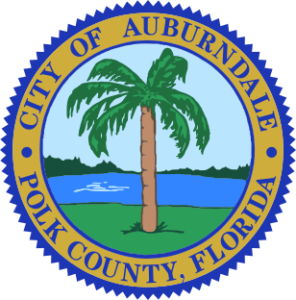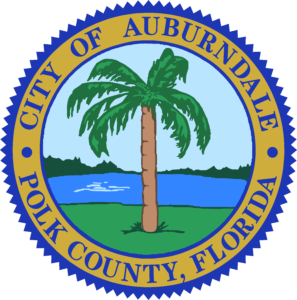Steps to Prepare for a Hurricane
Hurricanes are serious events and the best way to mitigate the damage that can be caused by one is to prepare. The Atlantic Hurricane Season runs from June 1 to November 30. Whether it is your first time experiencing a hurricane or if you’ve managed through several storms, you never know what the next one will be like. Please check out the following steps to make sure your are ready for the next potential hurricane.
Make a Plan
Where will you go? What evacuation route will you take? What supplies, medications, and documents will you need? It’s important to sort all of these details out well before a storm approaches.
- Create a Family Plan or a Business Plan ahead of time.
- Learn about Polk County’s Evacuation Policy and sheltering options.
- Download the Emergency Financial Preparedness Toolkit.
Prepare Your Shelter
- Build a disaster supplies kit of food, water, and other supplies for you and your family to last for at least 72 hours.
- Check emergency equipment, such as flashlights, generators and battery-powered equipment such as cell phones or weather radios.
- Learn about how to safely use generators.
- Fuel and service family vehicles.
- Make sure you have necessary supplies for your pets. Identify pet-friendly hotels along your evacuation route.
- Buy plywood or other material to protect your home. Determine vulnerable areas of your home that may need reinforcement.
- Trim trees and shrubbery so branches don’t fly into your home. Check the Sanitation schedule for debris pickup.
- Clear clogged rain gutters and downspouts.
- Bring in light-weight objects such as garbage cans, garden tools, toys and lawn furniture.
- Review your insurance policy or purchase insurance.
- Decide where to move your boat.
- Plan to leave if you live in a mobile home or manufactured home.
During the Storm
- Turn off propane tanks and unplug small appliances
- Close all interior doors. Secure and brace exterior doors.
- Stay indoors and check for updates on the storm. Follow us on Facebook or check our Emergency Operations Page.
After the Storm
- Wait until an area is declared safe before entering.
- Watch for closed roads. If you come upon a barricade or a flooded road, turn around.
- Stay on firm, dry ground. Moving water only 6 inches deep can sweep you off your feet. Standing water may be electrically charged from downed power lines.
- Wear proper shoes to prevent cutting your feet on sharp debris.
- Do not drink or prepare food with tap water until officials say it is safe.
- Avoid electrocution by not walking in areas with downed power lines.
- Continue following us on social media or the Emergency Operations Page for updates.
Local Resources
- Emergency: Call 9-1-1
- Auburndale City Hall: (863) 965-5530
- Auburndale Emergency Operations Center
- Polk County Emergency Management: (863) 298-7000
- Polk Alert
- American Red Cross: Mid-Florida: (800) 733-2767
- United Way of Central Florida Crisis Help: (888) 370-7188
- TECO Energy Power Outages: (877) 588-1010
- Spectrum Internet Storm Center: (833) 267-6094
- Frontier Outage Information
State & National Resources
- Florida Division of Emergency Management: (850) 815-4000
- Federal Emergency Management Agency: (800) 621-3362
- National Weather Service: (813) 645-2323
- National Hurricane Center
Hurricane Wind Scale
- Category 1 (74-95 mph): Very dangerous winds will produce some damage
- Category 2 (96-110 mph): Extremely dangerous winds will cause extensive damage
- Category 3 (111-129 mph): Devastating damage will occur
- Category 4 (130-156 mph): Catastrophic damage will occur
- Category 5 (157+ mph): Catastrophic damage will occur


